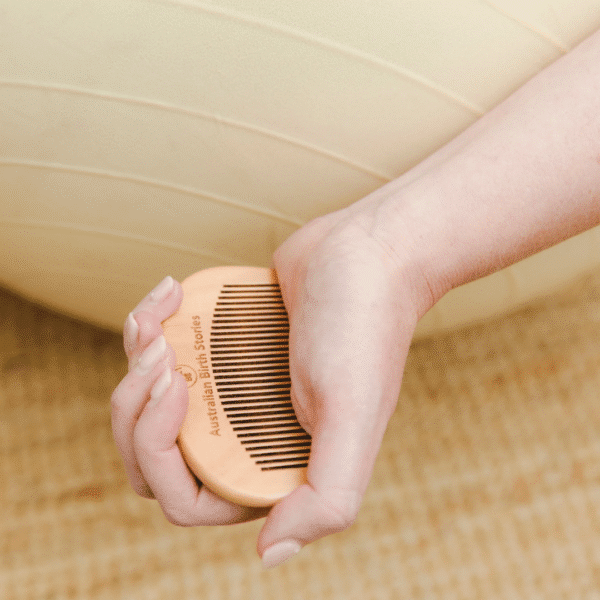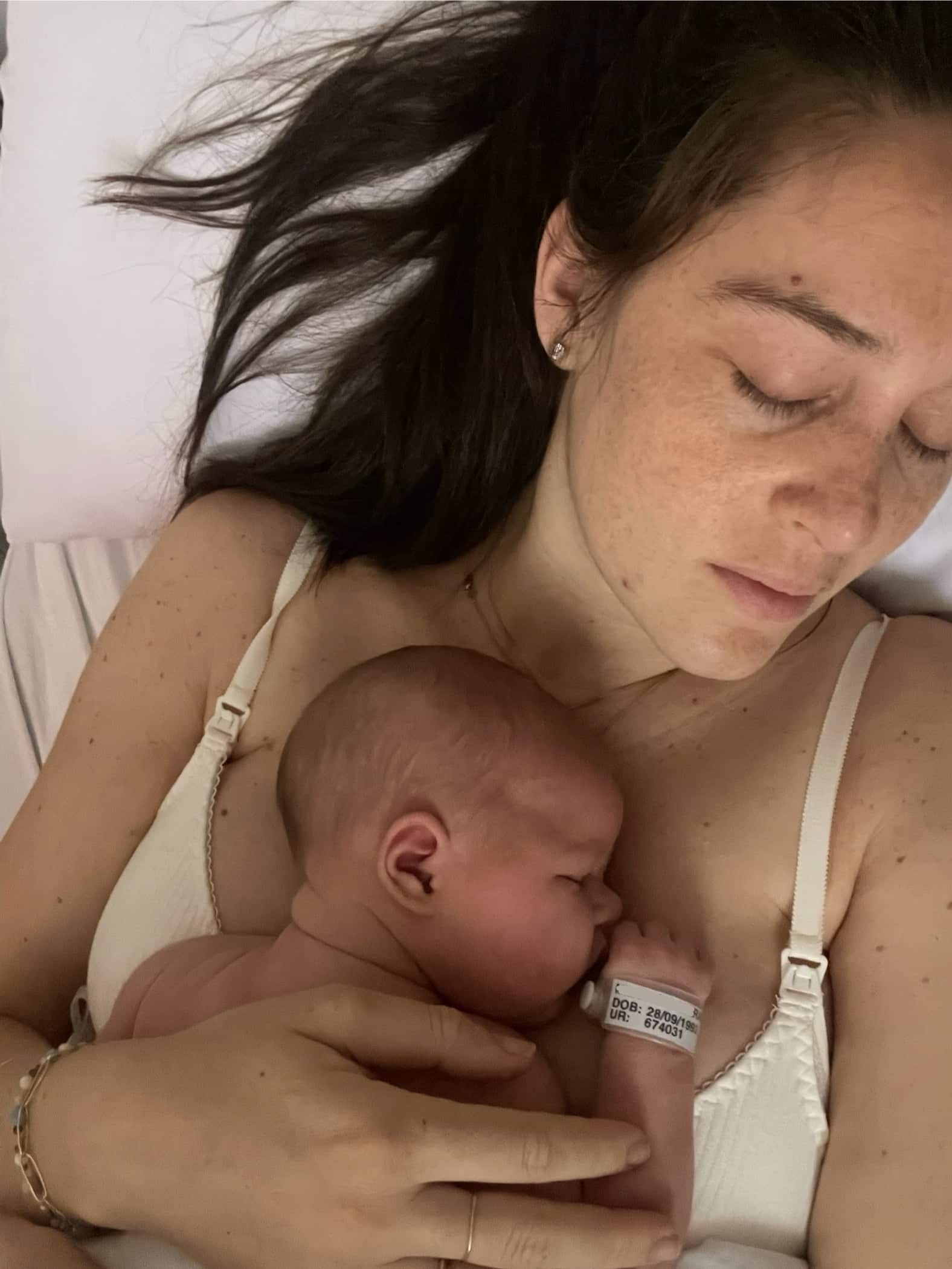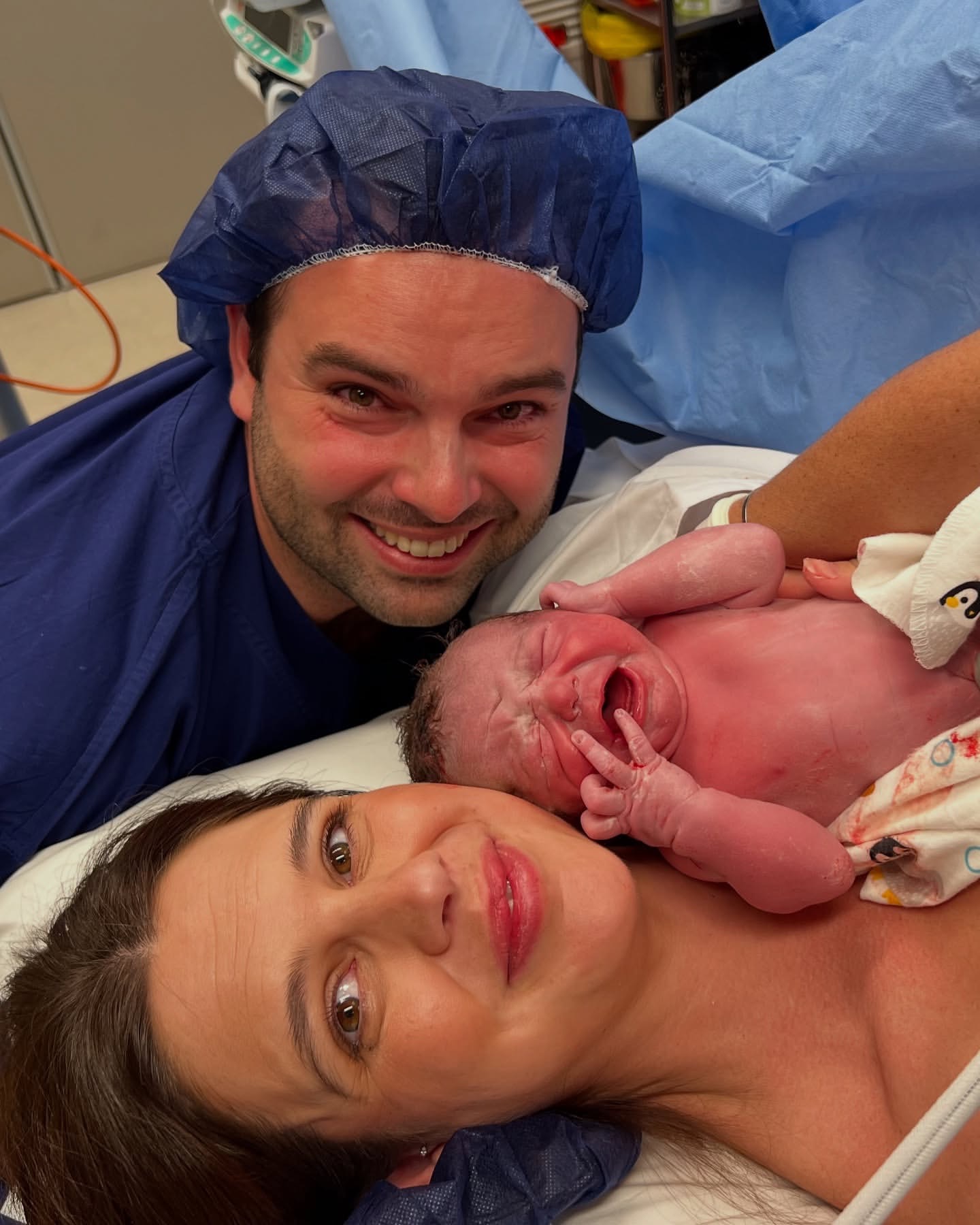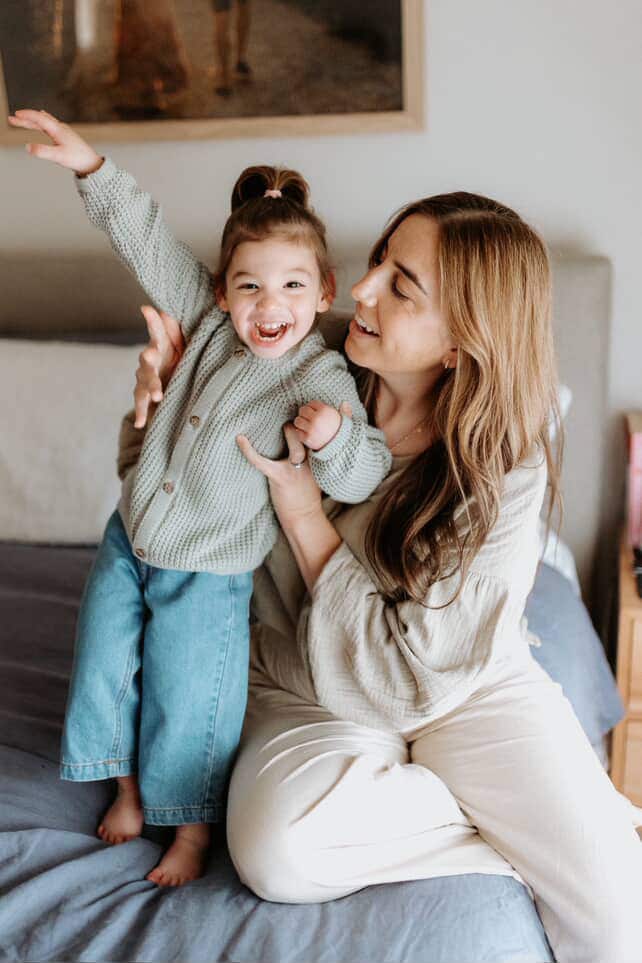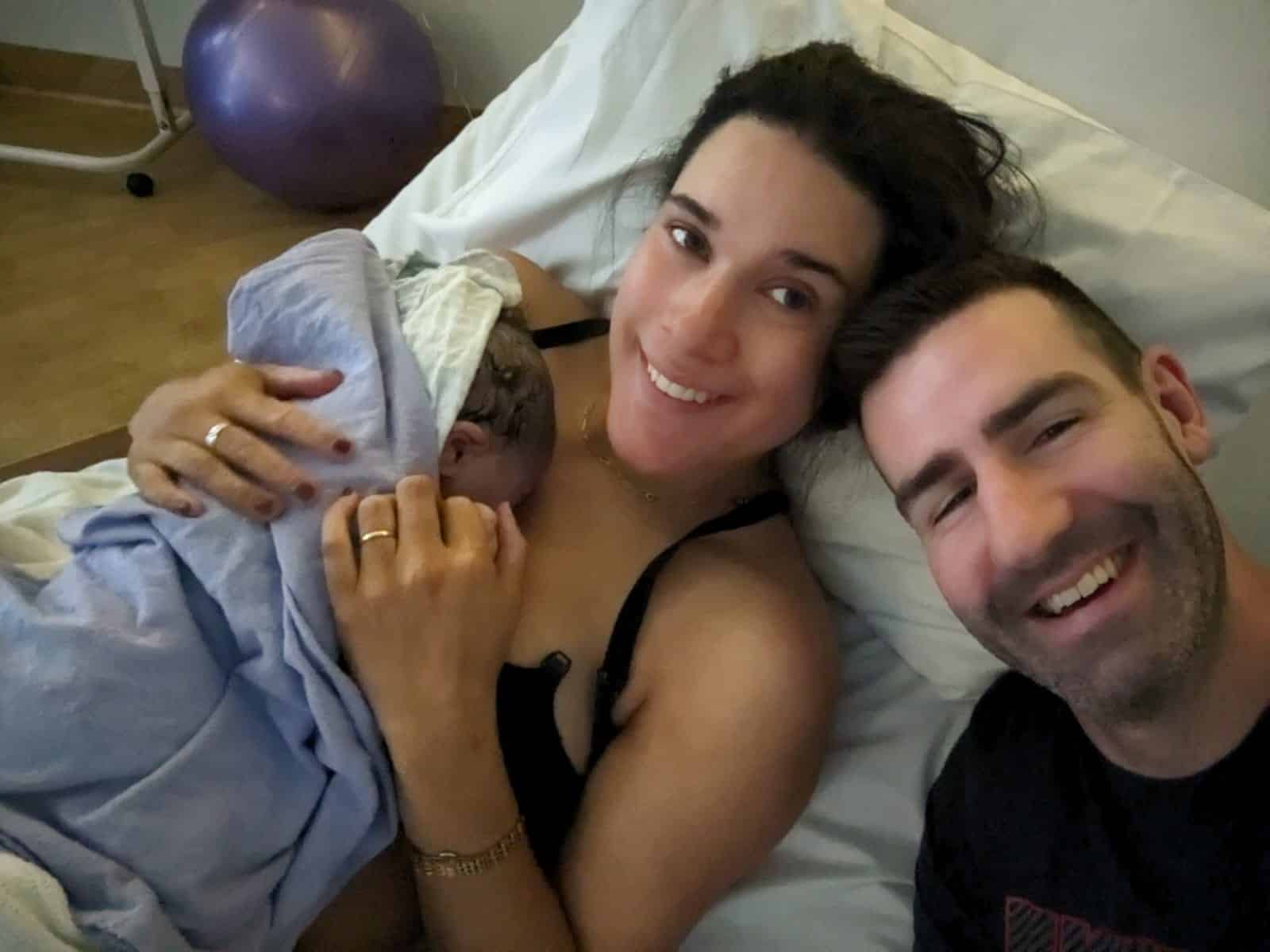Podcasts Alex Parker
EPISODE 186
Alex Parker
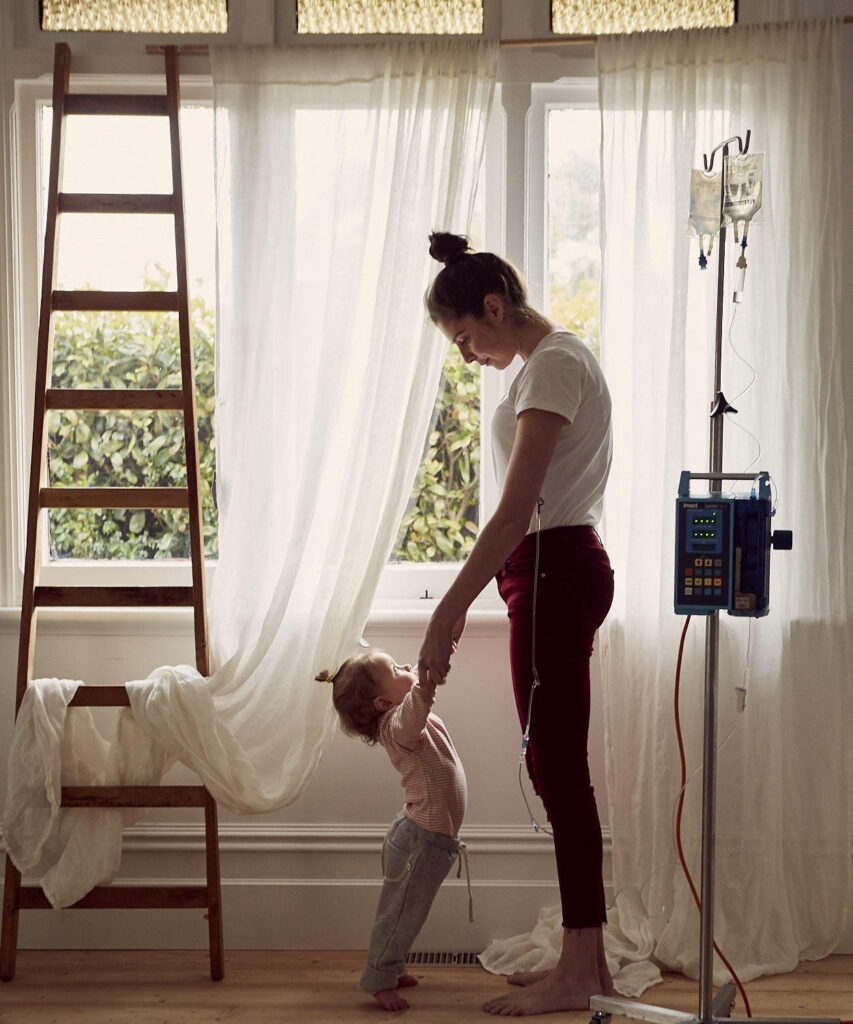
The reason we’re doing strong lockdowns is for people like myself..I don’t know what will happen but I do know that a cold leads to two weeks in hospital, IV antibiotics, not being able to work and a lot of pressure on my family. I’m relying on the community now so that one day I’ll be able to actually go back into the community,” says Alex.
Alex’s body produces thick, sticky mucus that blocks her airways and digestive system and often leads to an early death or a lung transplant. “It’s a big part of my life, we often call it our second child, but I’m also grateful for living with it because it’s given me great strength and perspective.”
She was relatively well as a child but when she moved to Melbourne in her late teens to study photography at university, she noticed a distinct decline in her health. She has been under the care of a team of physicians at The Alfred Hospital for most of her life and after spending a few years in and out of hospital with declining lung function and was well on the road to needing a lung transplant, she became aware of a life saving medication called Kalydeco which was only available in the US.
“It costs $300,000 per patient, per year and my grandfather offered to pay for a three-month trial and within that time my lung function and general well being improved drastically. I noticed massive benefits while on it so he continued to pay for it for 12 months and I started lobbying the government to get it subsidised because it just wasn’t sustainable for me or for anyone else, to pay for it.
“I was motivated to get it for myself but I was also very passionate about getting access to it for children. It only works for those with CF who carry a rare gene and it’s that rare gene that the drug treats. You could potentially change a child’s life because if they can access it from birth it can minimise lung damage and therefore improve their quality of life and ultimately lengthen their life.”
Alex was an advocate for the CF community for five years and during that time she met with PM Julia Gillard and MP Tanya Pilberseck, lobbied the government and was interviewed by countless media outlets. It was an emotional and physically draining experience, especially when she made the choice to go off the drug and her health declined as a result. Thankfully, her hard work was worth it; Kalydeco was subsidised in 2016 and has drastically improved the life of over 250 Australians.
Alex and her partner Mike were well informed when it came to having a baby and had done the required testing, making sure that Mike wasn’t a CF carrier (if he was, their child would have a 50% chance of inheriting CF). They fell pregnant easily and Alex sought the care of Obstetrician Ryan Hodges at Monash as having consistency of care was a priority so she wouldn’t have to keep repeating her story throughout her pregnancy.
Caring for a pregnant CF patient was an entirely new experience for Alex’s healthcare team. Ten years ago, people with CF only lived till their mid-thirties and before that, it wasn’t uncommon to die in childhood or the teenage years. Surprisingly, Alex felt exceptionally well throughout her pregnancy and admits to feeling like her body was working as it should be; a feeling that had eluded her for most of her life.
She finished working at 20 weeks and embraced a swimming routine which helped to open her small airways and allow her to move the mucus and clear her lungs. She found the routine to be incredibly cathartic and would do it daily along with two rounds of physio on a breathing machine as well as inahling nebulised antibiotics.
She developed Gestational Diabetes (GD) at 25 weeks which didn’t come as a surprise as there is a CF-related form of diabetes because the pancreas doesn’t work as it should. She worked closely with her endocrinologist to manage her insulin levels through diet as her strict high fat, high sugar CF diet wasn’t compatible with GD and she found it very overwhelming.
When it came to birth, Alex had a fear of cesarean because of the amount of coughing she does on a daily basis so worked closely with her OB to prepare for a vaginal delivery. “My OB really encouraged me to just go with the flow as my breathing was a concern during labour and he could foresee it being an issue when it came to pushing the baby out.”
Alex was induced at 38 weeks with a balloon catheter overnight and the next day was placed on a syntocin drip at 8am. By 1pm she still wasn’t experiencing any contractions so they increased the syntocinon and labour was on soon after.
“I was strangely silent. I felt like I just needed to be completely still and motionless. It was like an outer body experience; I could hardly move. I thought I had a high pain threshold but it was a very different kind of pain and I suppose I felt paralysed in a way. After about an hour-and-a-half of contractions I felt very short of breath, I was breathing at the top of my lungs and I felt like I was drowning. My OB said I definitely needed an epidural and I was given one immediately and that really relaxed me and allowed me to breathe deeply and properly. It was the most ideal my epidural because I could still feel pain but it eased my breathing and she was born 15 minutes later. They don’t usually give epidurals that late in labour but it allowed me to breathe properly which was the priority.
“As soon as Ruby was born I was dismayed by this intense experience of mourning my old life. I felt like I went into panic mode straight away which I really wasn’t expecting. Breastfeeding was really hard and she was crying and I made myself write a list on why life was good and why it was going to be ok. I was getting in this thought pattern where I was really losing control of the situation….I was panicky about losing my old life. I suppose it was just hormones and emotions but it came as such a surprise to me.”
Alex breastfed Ruby for 7 weeks but after going on IV antibiotics to bring her back to good lung health, Ruby refused the breast despite Alex’s best attempts to get her back on there. She admits it was upsetting but she felt proud of her efforts and relieved when she embraced formula and bottle feeding, a decision that made the whole family happy.
While Alex recovered well from the birth, she has had issues with her pelvic floor for most of her life due to persistent coughing and pregnancy and birth compounded that.
“The crux of the story is that
I have to do my pelvic floor exercises every day; I’ve got the information and tools to know what to do and I’ve got the support of my physios but if I don’t do them I suffer and it becomes very debilitating. Thankfully it’s something I can control and it is so much better if I do them daily. But, it’s often one of the first things I’ll let slide if I’m tired or busy but then it comes back to bite me and it’s never worth it.”
Alex anticipates that she’ll be in lockdown for the remainder of the year. As a CF patient, she has been dealing with infection control and invisible risks her entire life but this time, she is relying on the community to do what they can to make it safe for her and others with chronic illnesses.
“I’m relying on the community to do the right thing because essentially we won’t be able to live a normal life in the community if people assume that Covid will just go away.”
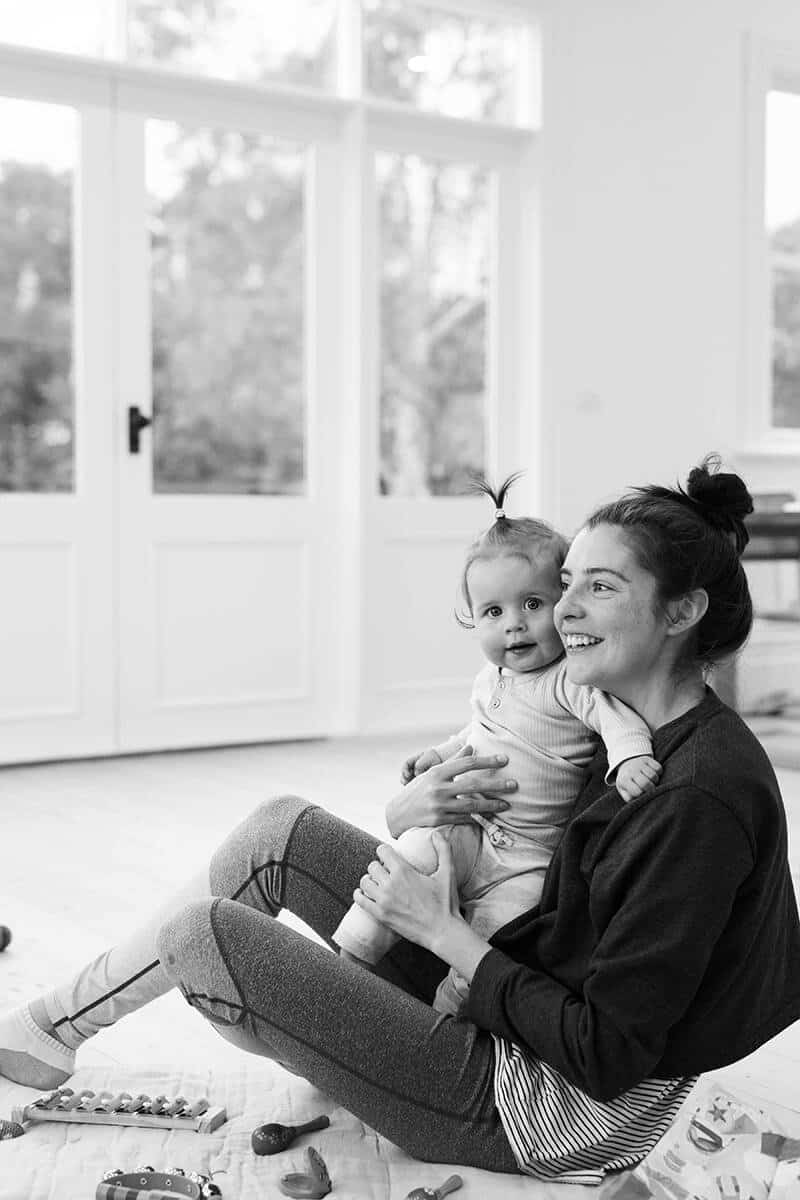

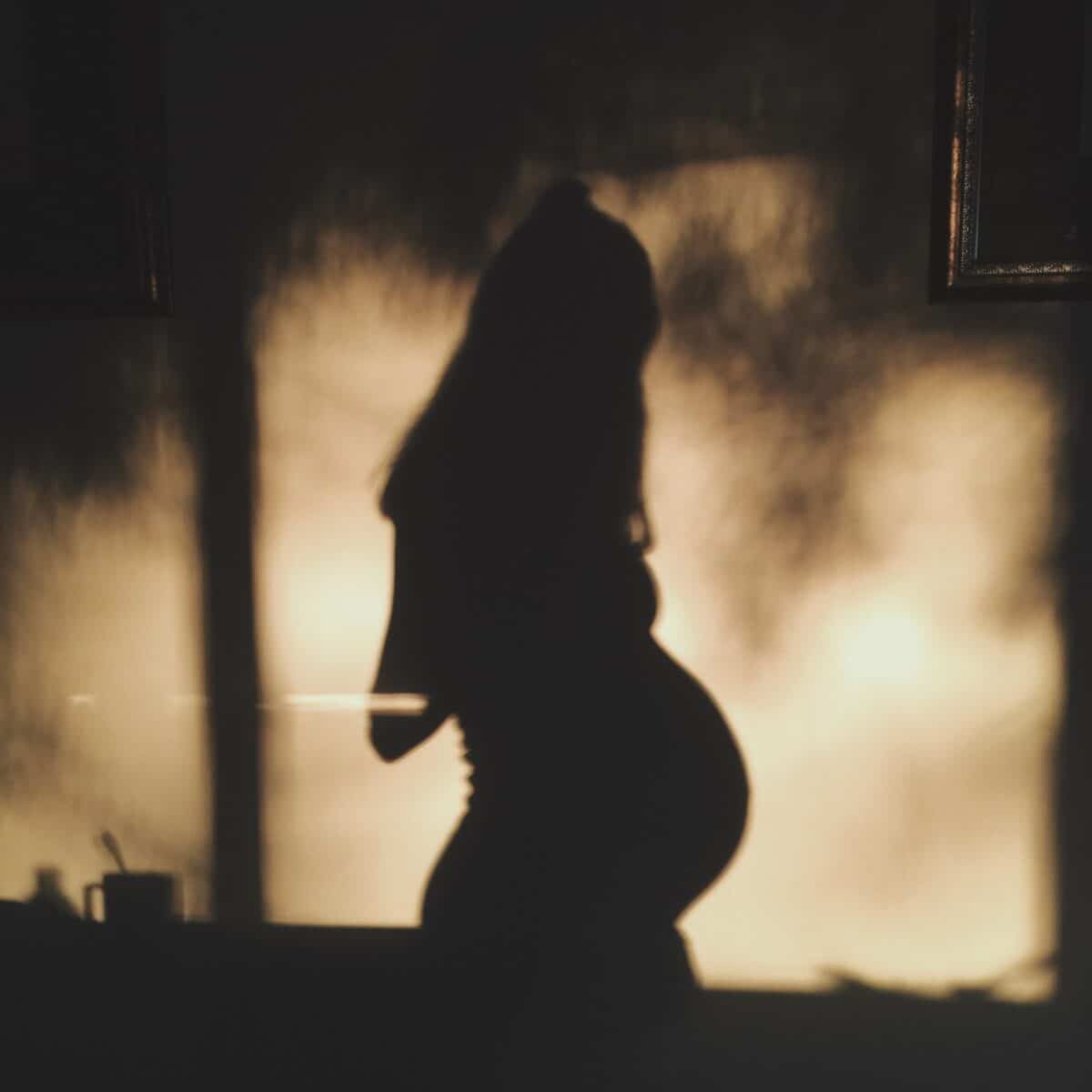
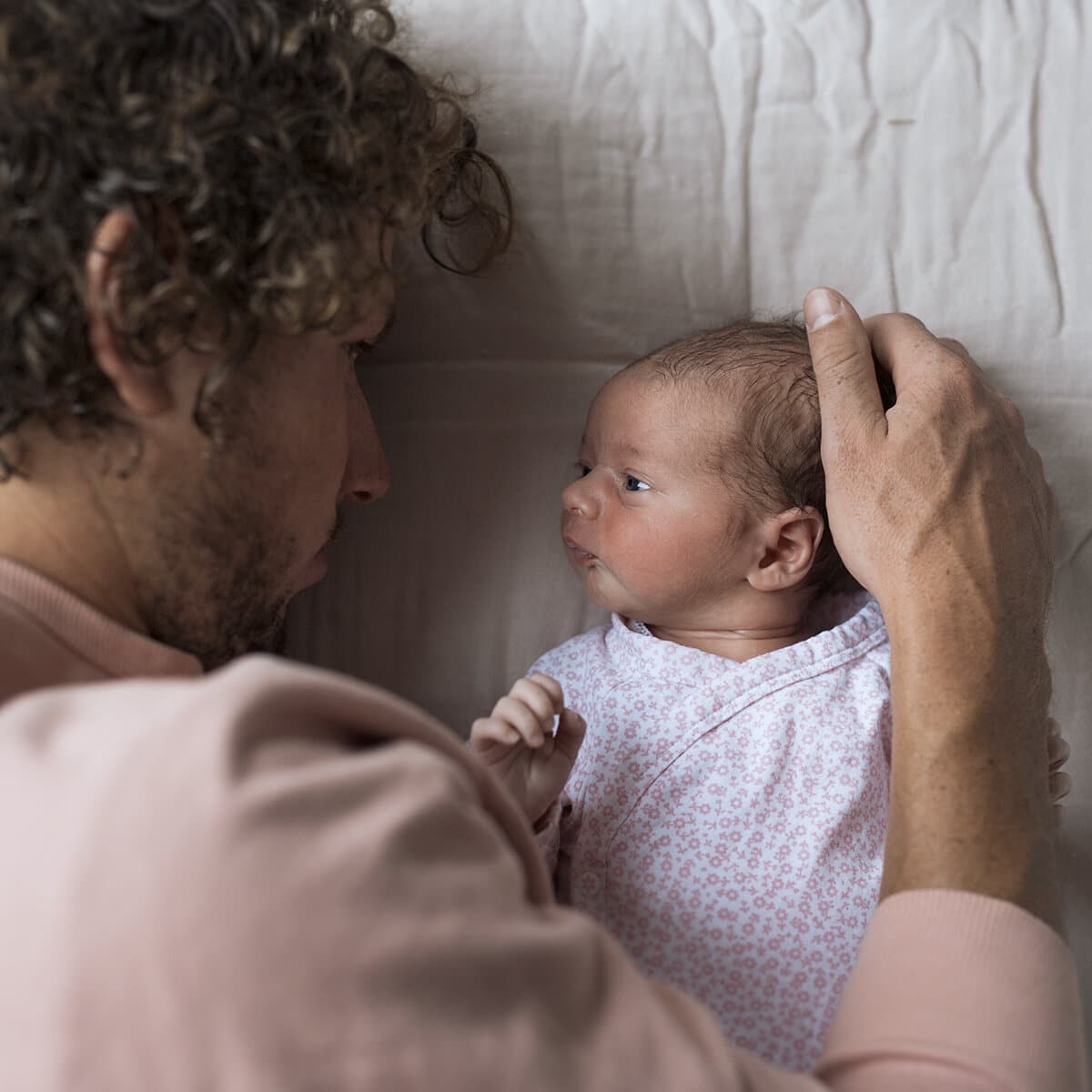
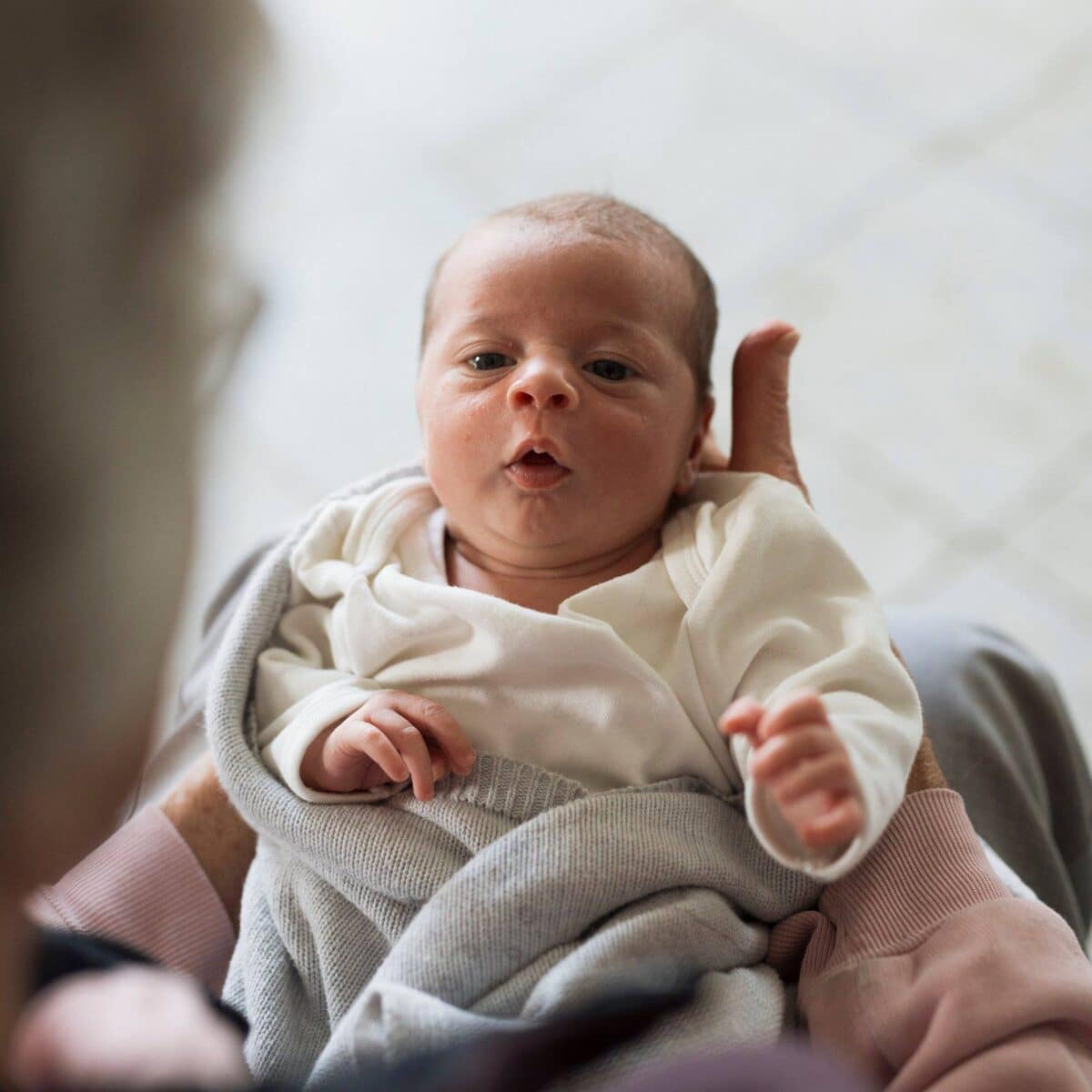
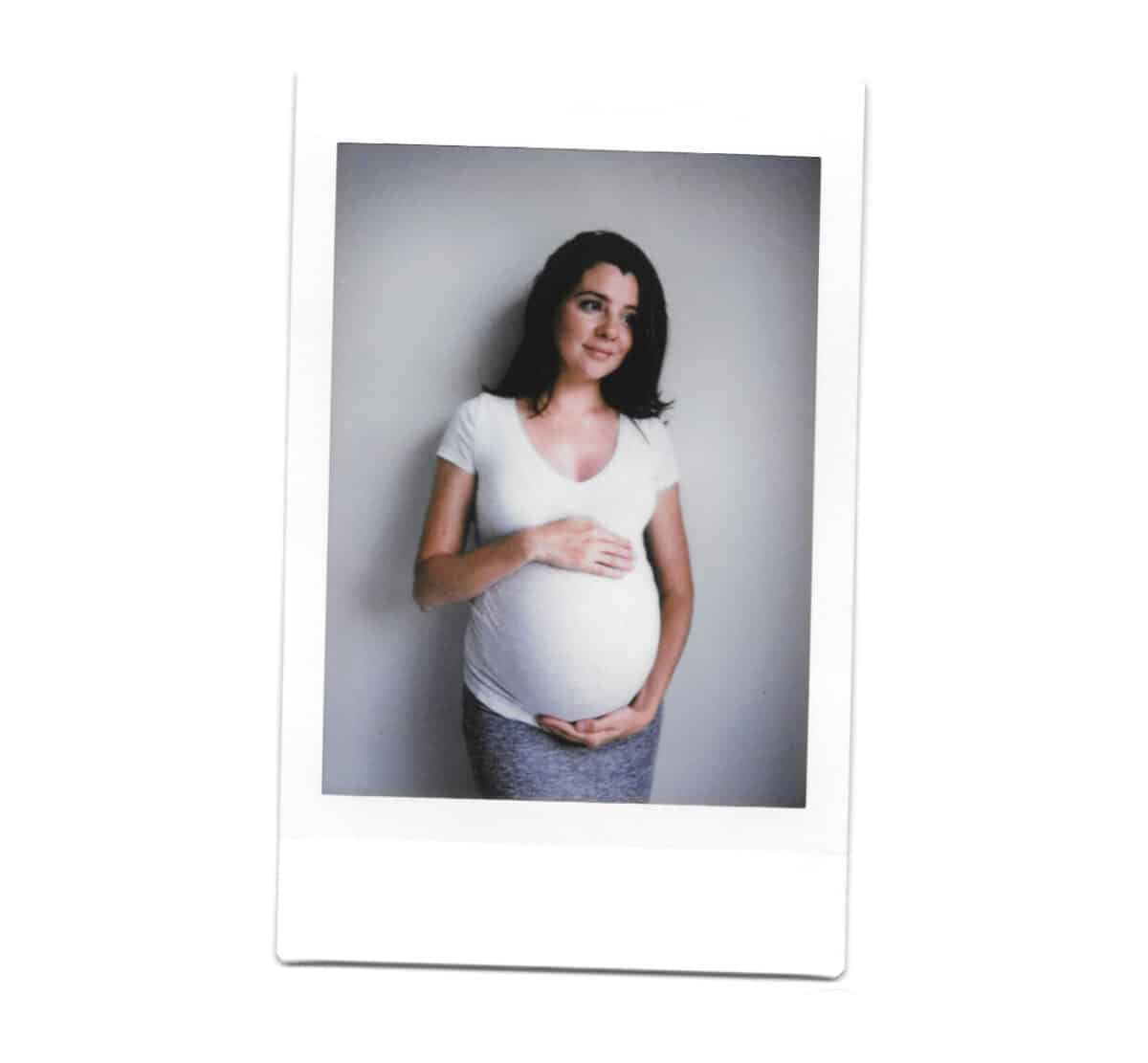
Topics Discussed
Breastfeeding, chronic illness, Covid, Cystic Fibrosis (CF), Forceps, Formula, Genetic testing, Gestational Diabetes (GD), Induction, Lactation consultant, Pelvic floor
Episode Sponsor
Today’s episode is brought to you by my FREE How To Do Perineal Massage Guide. . Inside the guide I will explain where the perineum is, the important role it plays during birth, how you can massage this area to help to reduce the risks of perineal tearing during a vaginal delivery. To get your copy click HERE
Categories
Related Products
-
Birth Combs: Harness Your Body’s Natural Pain Relief
$24.95Crafted from smooth, natural wood, our birth combs activate specific pressure points in your hands that trigger your body’s innate pain-relieving responses.
Join the conversation
Sign up to get the latest updates, freebies, podcast releases straight into your inbox
@AustralianBirthStories
Follow along with us
@AustralianBirthStories
Follow along with us
@AustralianBirthStories
Follow along with us
@AustralianBirthStories
Follow along with us
@AustralianBirthStories
Follow along with us
@AustralianBirthStories
Follow along with us
@AustralianBirthStories
Follow along with us
@AustralianBirthStories
Follow along with us
@AustralianBirthStories
Follow along with us
@AustralianBirthStories
Follow along with us
@AustralianBirthStories
Follow along with us
@AustralianBirthStories
Follow along with us
